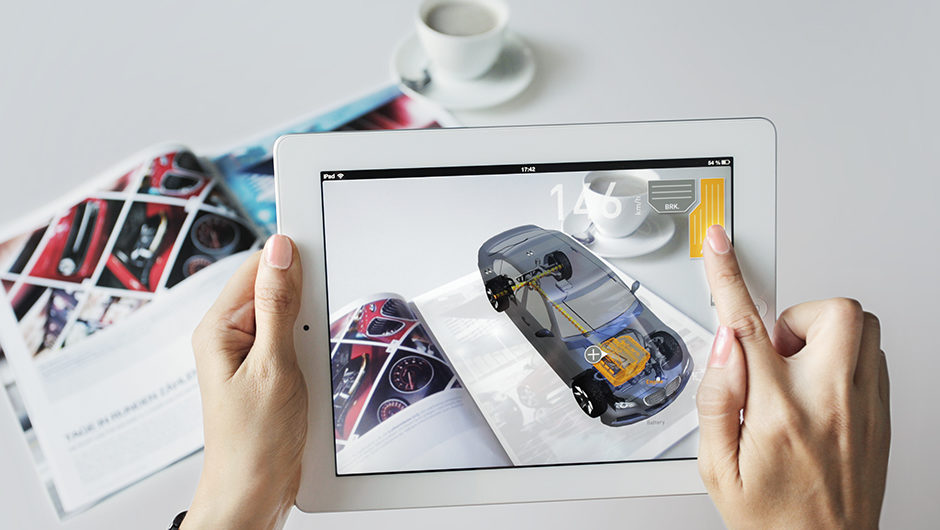After introducing an augmented reality mode for maps last year at I/O 2018, the WSJ got early access as Google is rolling it out to a limited number of users. As the WSJ reported today, when you start AR mode, the GPS matches your location with the vast amount of street view data collected by Google over the last ten years. Looking for a coffee shop, “it was as if Maps had drawn my directions onto the real world, though nobody else could see them.”

The implications are huge. First, in countries such as China, with less focus on data protection and ambitions to rule AI globally, the technology could match facial recognition with information about the people near you, including names, social media accounts, and more (especially if you’re the government).
Pair that with Microsoft’s Holoportation and Bose’s new audio glasses without an actual headphone and Minority Report becomes old news.
This also has huge implications for shopping, lifestyle, investing and more. E.g. I walk past a backpack or car I scan, and I can Amazon Prime it for later that day (delivered by Scout, the R2D2-esque AI robot currently being tested in Snohomish County, WA).
Most businesses will be late to the party, if not waking up with a massive headache once they realize what they are late to. As the AI investment boutique that recently spun out of the data science department at Credit Suisse said, the competition for them going forward is likely to be Alibaba and Amazon, not other Swiss or global asset managers.
